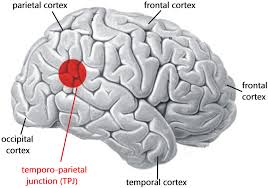Alzheimer's Disease: Everything You Need to Know by Annie Zhou
- Annie Z
- Oct 1, 2024
- 1 min read
Updated: Oct 21, 2024
Alzheimer’s Disease is a neurodegenerative condition that affects nearly 7 millions Americans today. It is the most common cause of dementia, or memory loss.
So, what exactly causes the disorder? There are many complex factors, but emerging evidence heavily suggests that it may be traced to abnormal buildup of amyloid beta and tau, proteins that play an important role in neuronal signaling.
One of the earliest symptoms of Alzheimer's is difficulty remembering recent events or conversations. As the disease progresses, individuals experience more severe memory loss, confusion, difficulty performing familiar tasks, and changes in personality. In the later stages, they may lose the ability to communicate, recognize loved ones, or care for themselves. This cognitive decline places a heavy burden on both patients and their caregivers.
The exact cause of Alzheimer’s remains unknown, but it is believed to result from a combination of genetic, environmental, and lifestyle factors. Age is the most significant risk factor, though family history and certain genes, such as APOE-e4, also increase the likelihood of developing the disease. Lifestyle factors, like physical inactivity, poor diet, and smoking, can further contribute to the risk.
Currently, there is no cure for Alzheimer’s, but treatments are available to manage symptoms and improve quality of life. Medications like cholinesterase inhibitors and memantine can help with cognitive symptoms, while non-drug therapies focus on maintaining mental function and supporting daily living. Ongoing research will be needed to find more effective treatments for this global disease.

References




Comments